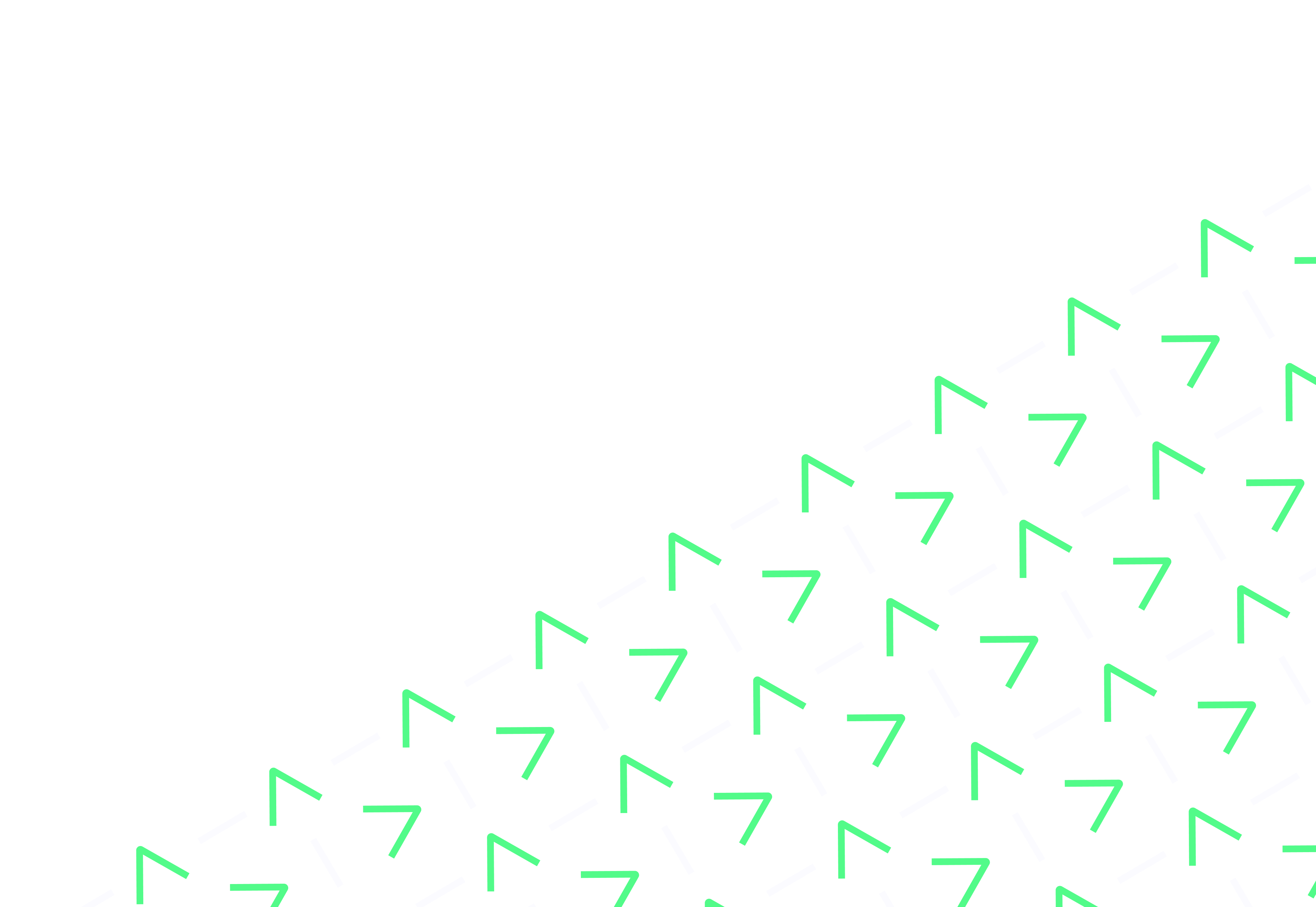The security behind: domestic solar power systems
1/02/2023 Podcast

In this episode, Felix explores the security aspects of domestic solar power systems. Solar panels generate electricity and transfer it to an inverter responsible for conditioning and distributing the power. The inverter may connect to a battery to store excess energy or send electricity to the grid to contribute to a greener environment. Felix introduces the concept of Vehicle-to-Grid (V2G), where electric vehicles can share their surplus energy with the grid during peak times, reducing reliance on traditional power sources.
Felix delves into potential hacking scenarios for internet-connected inverters, focusing on cloud applications and APIs. He suggests manipulating API calls to affect other inverters, which may raise ethical and legal concerns. Another angle involves hacking the inverter’s firmware, but this poses safety risks due to high voltage. To mitigate these risks, Felix advises conducting thorough Open Source Intelligence (OSINT) to gather information before attempting any firmware manipulation.
The security of solar power systems relies heavily on the communications protocols and cryptography used in the inverter’s Wi-Fi connection. Vulnerabilities in these areas may enable attackers to impersonate other inverters or gain unauthorized access. Hidden administrative interfaces or backdoors could also compromise the system’s security, although they are relatively rare.
Felix highlights potential privacy concerns, as solar power systems could inadvertently leak Wi-Fi keys during the setup process. Monitoring someone’s energy usage patterns through their solar power system data may reveal sensitive information about their daily activities or presence at home, raising privacy implications.
Despite some vulnerabilities, Felix acknowledges that secure solar power systems are possible. However, some systems may lack adequate security measures, leading to potential risks. He advises users to check for firmware update routines and stay informed about the latest updates to ensure system safety.
In conclusion, Felix emphasizes the need for continuous efforts to improve the security of solar power systems, particularly as more of these systems become connected to the internet. He encourages listeners to share their experiences and thoughts on solar power system security.